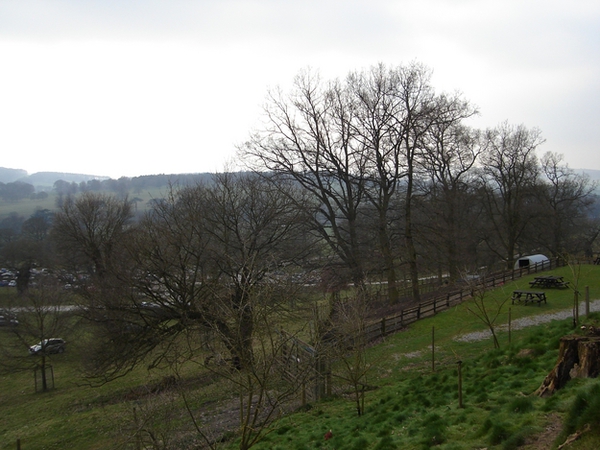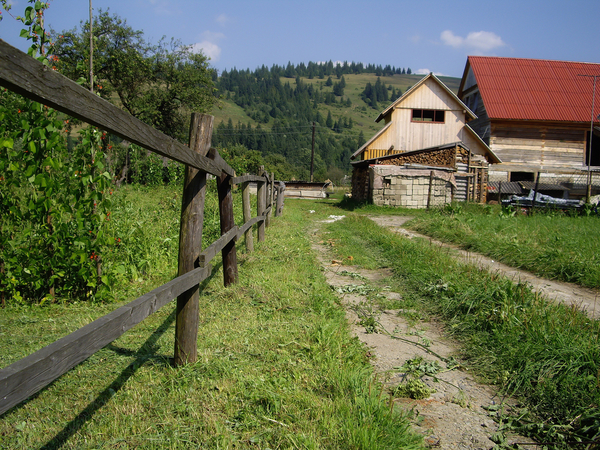You are viewing 1 of your 1 free articles
Villages will die without housing
To kick off rural housing week, Jonathan Layzell lays down the case for developing affordable homes in the countryside
There’s been considerable public and media concern that David Cameron’s reforms to the planning system, National Planning Policy Framework, will lead to the countryside being concreted over. The NPPF’s critics rightly argue that the government’s plans undermine the sustainability agenda and will result in the loss of our villages and rural communities.
The NPPF has, in many cases, left a policy vacuum which has enabled unscrupulous landowners and developers to submit speculative planning applications for large scale developments which are entirely inappropriate. The resulting vitriol from local campaigners and from the wider media has meant that we have lost sight of a very important message: that the future viability of our rural communities and the countryside is dependent on building more affordable homes - homes which add value by meeting local needs and generating demand for schools, shops, buses, post offices, sports and other community facilities.
Providing a small number of homes which meet both the needs and aspirations of local people can make the difference between local facilities staying open and available for the wider community or being forced to close. Raglan is not a specialist rural housing provider but our Board has a target of rural housing making up 10 per cent of our development programme.. Each year we complete three to four new affordable housing schemes in villages across the country and the impact on those communities is significant but it is a positive impact which is helping to sustain those communities
Villages will die
Affordable housing drives rural economic growth. Failure to provide sufficient housing will kill our villages, and this is already happening right across the country.
Over the past decade the shortage of affordable housing in rural areas has become critical. With house prices in rural areas like the Cotswolds at nine times local gross annual average earnings, local people such as agricultural and tourism workers, shopkeepers and teachers on modest incomes - who sustain our rural communities – are being priced out of the market, out of their communities and into towns and cities where there is cheaper housing and higher paid work. At the same time, the rise in disposable incomes and second home purchases by an affluent minority, which are largely only lived-in on weekends and holidays, has crippled a once vibrant village high street, forcing schools, pubs, post offices and other essential services to close through lack of demand.
There are wider implications too. The rural environment is not simply a timeless tourist attraction to be enjoyed on a whim. It has evolved and adapted over centuries to become what it is today. Protecting, maintaining and enhancing that environment requires time and energy from people living and working on the ground. If there is no affordable housing there will be no-one to manage and maintain our fields, hedges and woodlands. If farms which provide locally sourced food are forced to close, the cost and the environmental impact of food travelling ever greater distances to get to our plates will be increased.
And a lack of investment in affordable rural housing has implications for government benefits and childcare costs too. If people are able to remain in the rural communities where they have a support network of families and friends, they are more able to take on employment opportunities and less likely to be a burden to the state.
Love it or hate it, new affordable housing is vital to keeping the countryside alive for future generations. But, it has to be the right type of housing in the right location that stimulates growth, diversity and prosperity. Whether the reformed planning system can deliver what the countryside needs remains to be seen. Certainly, if we don’t fix the problem, rural life as we know it will cease to exist for future generations.
Jonathan Layzell is the assistant director business development for Raglan Housing










